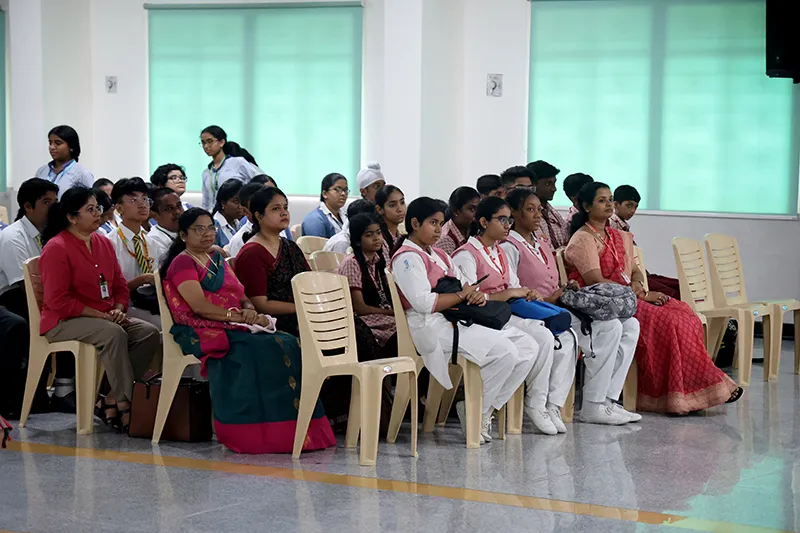
Cyber Policy

“Cyber-bullying” is defined as bullying through the use of technology or any electronic communication, which includes but is not limited to any transfer of signs, signals, writing, images, sounds, data or intelligence of any nature transmitted in whole or in part by such things as electronic mail, internet communications, instant message, text message or facsimile. Cyber-bullying includes
(i) The creation of a web page or blog in which the creator assumes the identity of another person or
(ii) Knowing the impersonation of another person as the author of posted content or messages, if the creation or impersonation is a violation under the law.
Cyber-bullying also includes the distribution by electronic means of a communication to more than one person or the posting of material on an electronic medium that may be accessed by one or more persons, if the distribution or posting is a violation of the law.
It is the responsibility of every student, parent and employee of the school district to recognize acts of bullying, cyber-bullying and retaliation. Any student who believes that he or she has been the victim of bullying, cyber-bullying or retaliation should report it immediately to his or her teacher or principal. Students, parents and members of the school staff ( including but not limited to educators, administrators, school nurses, cafeteria workers, custodians, bus drivers, coaches, advisors, advisors to an extracurricular activity, or paraprofessionals), who witness or become aware of bullying cyber-bullying or retaliation should immediately report it to the principal.
Reports of bullying or cyber-bullying will be promptly investigated. If the school principal determines that bullying or retaliation has occurred, the school principal will (i) Notify the police if the principal believes that criminal charges may be pursued against the perpetrator; (ii) take appropriate disciplinary action; (iii) notify the parents or guardians of the perpetrator; and (iv) notify the parents or guardians of the victim, and to the extent consistent with law, notify them of the action taken to prevent any further acts of bullying or retaliation.
General advice on protecting yourself online and dealing with Cyberbullying
To avoid the risk of being exposed to illegal content and protecting yourself online, we recommend the following precautions:
- Do not share your personal information! This includes pictures of you or your family and friends, email addresses, mobile numbers and online IDs.
- Do not arrange to meet strangers! You may have been communicating with people you think you know online, but do you really know who they are?
- Do not open email or links on social networking pages from people you do not know or when you do not recognize the email address
- Similarly, do not open attachments or pictures you receive from unknown people or email addresses
- Ensure you have an effective filter on your PC to stop unwanted content.
- If you are regularly using search engines (such as Google, Bing or Yahoo), you can set each search engine site to a strict level of filtering. This limits what a search will bring entering
- entering keywords. Check your options with your preferred search engine site. Once you have chosen a search filtering level, check these settings regularly to ensure they have not been amended or switched off.
- Curiosity is normal on the internet, but being exposed to unwanted and potentially illegal images is not acceptable.
- Child Abuse images reflect just that; abuse of children and as such, should always be reported.
General advice on how to deal with Cyberbullying
Due to the anonymous nature of digital communication, anyone with a mobile phone or internet connection can be the target of cyberbullying. Here are some general points to help deal with Cyberbullying:
- If you feel you are being bullied by email, text or online, do talk to someone you trust.
- Never send any bullying or threatening messages.
- Keep and save any bullying email, text or images.
- If you can make a note of the time and date bullying messages or images were sent and note any details about the sender.
- Use blocking software; you can block instant messages from certain people, “unfriend” people on social networking sites or use mail filters to block email.
- Do not reply to bullying or threatening messages or emails; this could make matters worse. It also lets the bullying people know that they have found a “live” number, email address or “active” social networking contact.
- Do not give out your personal details online; if you are in a chatroom, online game or IM session watch what you say about where you live, the school you go to, your email address, your friends and family. All these things can help someone build up a picture about you.
- Do not forward abusive texts, email or images to anyone. You could be breaking the law just by forwarding them. If they are about you, keep them as evidence.
- Do not ever give out passwords!
- Do report instances of cyberbullying you have seen or heard about, even if not directed at you. There is no such thing as an innocent bystander, if you have seen the posts, messages or images then you could be considered as part of it if you do not report it!












